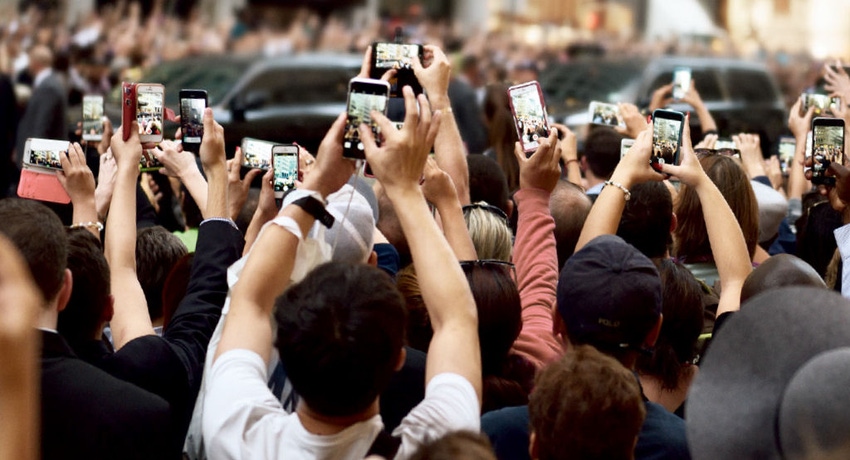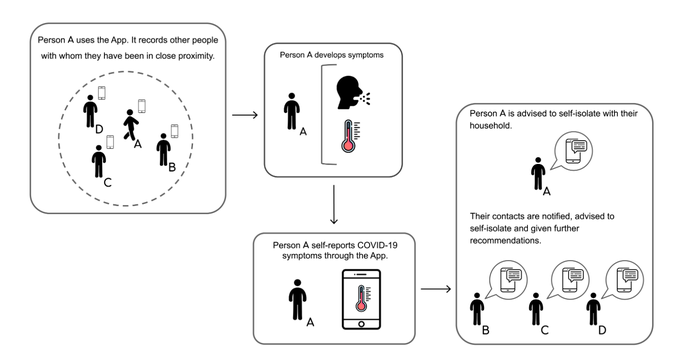New COVID-19 app does not have to track location – Oxford University
A team of researchers at Oxford University have suggested a Bluetooth tracing app, which doesn’t track location, could combat COVID-19, but you would want 60% adoption.
April 16, 2020

A team of researchers at Oxford University have suggested a Bluetooth tracing app, which doesn’t track location, could combat COVID-19, but you would want 60% adoption.
The team, led by Professor Christophe Fraser, is now sharing an epidemiological model which should help configure applications designed to combat the spread of the coronavirus. While many countries have proposed the introduction of an app to help track the spread of the virus and safeguard citizens, progress has been slow.
However, the findings coming out of Oxford University demonstrate why there is enthusiasm for the idea.
“We’ve simulated coronavirus in a model city of 1 million inhabitants with a wide range of realistic epidemiological configurations to explore options for controlling transmission,” Fraser said. “Our results suggest a digital contact tracing app, if carefully implemented alongside other measures, has the potential to substantially reduce the number of new coronavirus cases, hospitalisations and ICU admissions.
“Our models show we can stop the epidemic if approximately 60% of the population use the app, and even with lower numbers of app users, we still estimate a reduction in the number of coronavirus cases and deaths.”
Most importantly, however, is such an application as envisioned by the team at Oxford University would not have to rely on location tracking.

While the European Data Protection Supervisor has already said such applications would be compliant under GDPR, there are still some who are raising the red flag on the grounds of privacy. If smartphones were being constantly tracked, there is of course a significant risk. The privacy concerns are warranted, however you don’t necessarily have to track location is a critical mass of individuals have downloaded the application.
Using the Bluetooth features on smartphones, the app would log memory of all the other app users with whom a given user has come into close proximity. When a user becomes infected, a message is sent out to all others who have come into close contact to that individual. The location of the smartphones would not have to factor into the equation, just which smartphones have been in close proximity.
This does should like a perfectly good theory, however there are two important things to bear in mind if such a strategy is to work:
Testing would have to continue at the current pace or accelerate to ensure than cases are being identified
A high percentage of the population would have to download the application
If lower percentages of the population were to download the app, it would of course still work, but it would not be anywhere near as effective. Users could come into contact with an infected individual and not be notified for example. As this is a virus which does not present symptoms for the first 5-7 days, self-isolation measures are never going to be a perfect solution as spread can still occur in the first week.
Privacy concerns should not be ignored because of current events, and this does look to be a very effective concept to make use of the technology available today to combat the coronavirus outbreak.
About the Author(s)
You May Also Like








.png?width=300&auto=webp&quality=80&disable=upscale)


_1.jpg?width=300&auto=webp&quality=80&disable=upscale)


.png?width=800&auto=webp&quality=80&disable=upscale)